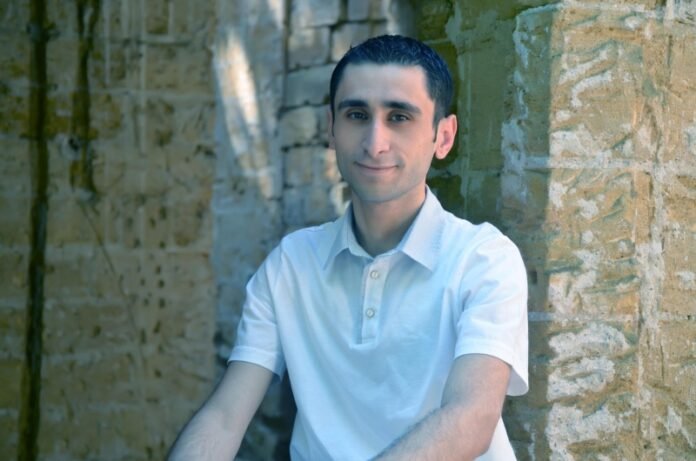Mehmet Beyret, a 35-year-old computer engineer who was arrested pending trial two months ago in southwestern Turkey over alleged links to the faith-based Gülen movement, suffered a brain hemorrhage while in prison, requiring specialized treatment that is unavailable in the city where the prison facility is located, the Kronos news website reported on Thursday.
The incident occurred on June 21 at a prison in Muğla. Beyret, who had attended a hearing at an İzmir court the day before, was returned to his cell afterward. He fell ill around midnight and was rushed to a hospital.
Beyret was diagnosed with a brain hemorrhage and was hospitalized before being returned to prison on Friday.
Beyret’s father expressed concern about his son’s health, saying, “We want to him to get proper treatment. They said Muğla State Hospital lacks the necessary technology; he needs to be treated in a different city. We’re asking for my son’s release.”
In recent years NGOs and international organizations have reported a number of problems related to prison conditions in Turkey, including overcrowding, poor hygiene, lack of access to proper medical care and lack of adequate nutrition.
While the ruling Justice and Development Party (AKP) has been advertising its large-scale construction plans for new prisons, the authorities have generally been ignoring complaints and reports regarding the unfavorable conditions in the existing prisons.
Also, in recent years, the health of many critically ill prisoners in Turkey has worsened, with several cases resulting in death due to either late release or inadequate prison conditions. Human rights organizations have repeatedly called for better medical care and timely release for seriously ill detainees.
“The prison authorities didn’t inform us; we found out by chance from someone else who went to visit the prison. We rushed there and could only see him for five minutes. He is currently experiencing panic attacks due to psychological distress. His condition is not promising,” the father said.
Beyret has a history of medical issues, having accidentally ingested a caustic chemical used in soap and detergent production at the age of 11, which severely damaged his esophagus. Surgeons had to use a portion of his large intestine to reconstruct his esophagus.
“He has been under constant medical supervision due to his condition,” said his father.
Beyret was accused of allegedly helping his relatives who were dismissed from their jobs with a government decree in the aftermath of a July 15, 2016 coup attempt.
Turkish President Recep Tayyip Erdoğan has been targeting followers of the Gülen movement, inspired by Muslim cleric Fethullah Gülen since the corruption investigations of 2013, which implicated then-prime minister Erdoğan, his family members and his inner circle.
Dismissing the investigations as a Gülenist coup and conspiracy against his government, Erdoğan designated the movement as a terrorist organization and began to target its members. He intensified the crackdown on the movement following the abortive putsch in July 2016 that he accused Gülen of masterminding. Gülen and the movement strongly deny involvement in the coup attempt or any terrorist activity.
Following the coup attempt, the Turkish government declared a state of emergency and carried out a massive purge of state institutions under the pretext of an anti-coup fight. More than 130,000 public servants, including 4,156 judges and prosecutors, as well as 24, 706 members of the armed forces were summarily removed from their jobs for alleged membership in or relationships with “terrorist organizations” by emergency decree-laws subject to neither judicial nor parliamentary scrutiny.















